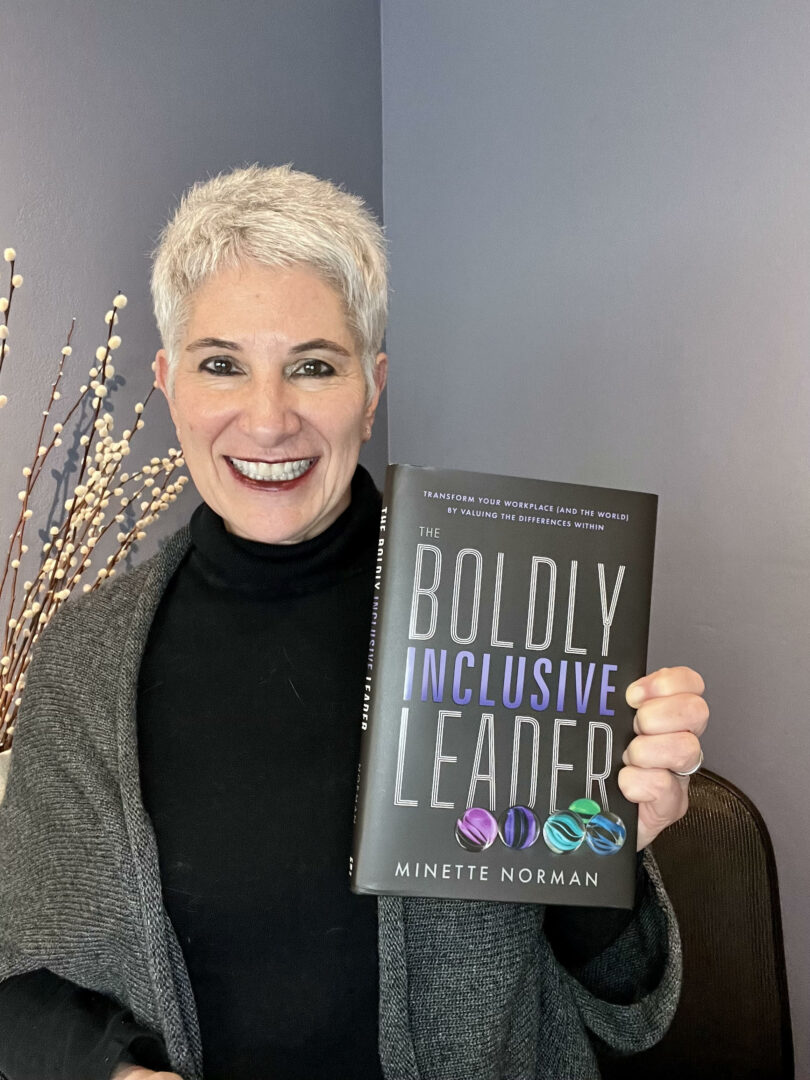We’re excited to introduce you to the always interesting and insightful Minette Norman. We hope you’ll enjoy our conversation with Minette below.
Hi Minette, so excited to have you with us today and we are really interested in hearing your thoughts about how folks can develop their empathy? In our experience, most folks want to be empathic towards others, but in a world where we are often only surrounded by people who are very similar to us, it can sometimes be a challenge to develop empathy for others who might not be as similar to us. Any thoughts or advice?
I’ve always thought of myself as a highly empathetic person. As a young girl, I was concerned about the elders I saw, worried they might be sad or lonely. I’ve regularly found time to volunteer because I care about giving back to the community. At some point later in my life, however, I realized that while I felt a natural empathy for some people, there were many people with whom I didn’t easily empathize. For example, I didn’t empathize with colleagues who were disrespectful to me or with a boss who I believed was treating me unfairly. It was only when a very wise executive coach asked me to imagine what they were experiencing, which is the essence of empathy. Suddenly I could see that my boss was worried about making a bad decision, and my colleague was reacting to my less than friendly behavior.
I like to refer to the people who challenge me the most as my “empathy teachers.” If I can recognize that they are fellow, imperfect human beings who experience pain and suffering and have hopes and dreams–just like me–I can start to develop empathy for them. I don’t pretend this is easy, but I recognize how important and transformative it can be.
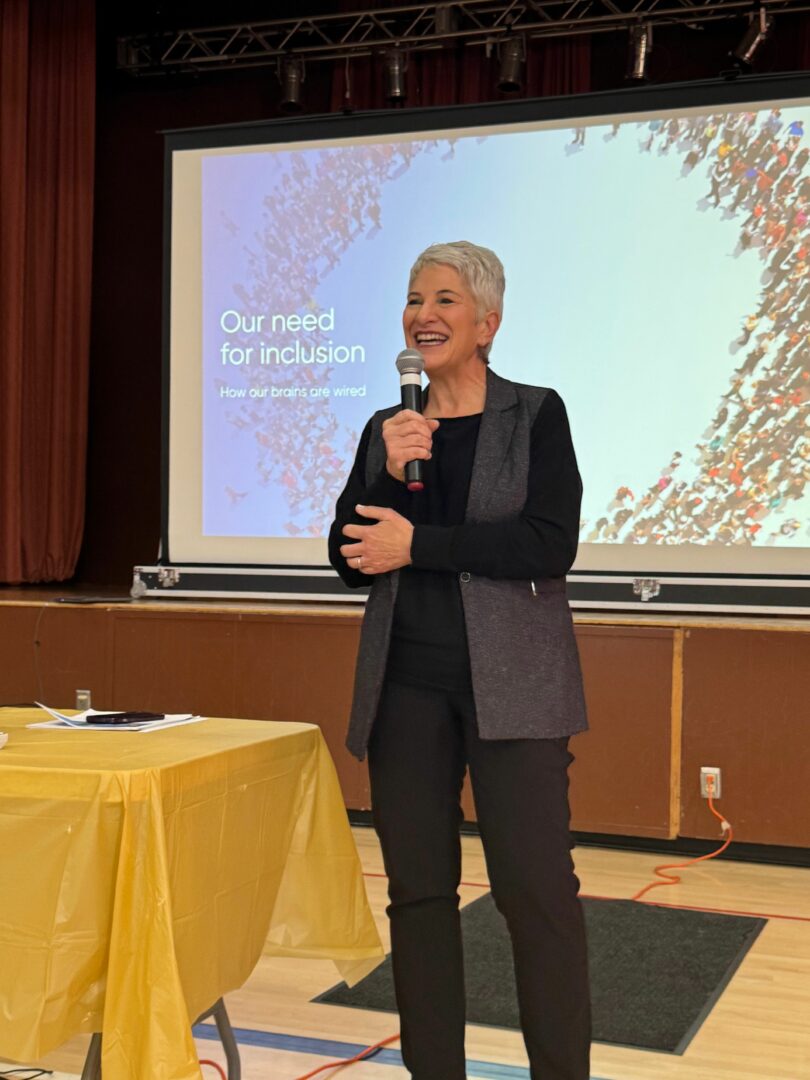
Let’s take a small detour – maybe you can share a bit about yourself before we dive back into some of the other questions we had for you?
After spending decades in the Silicon Valley software industry, with 20 years in leadership positions, I found myself at an inflection point. I had to choose whether to continue working for an executive who bullied and belittled me or to leave the company where I’d risen from an individual contributor to a Vice President role. I chose to leave. I launched my consulting and speaking business in 2020, focused on inclusive leadership.
I recognized how critical managers and leaders are in shaping organizational culture and how ill-prepared most of us are to take on these roles. I saw how often we find ourselves in toxic workplace cultures. My mission is to help leaders foster working environments where everyone can thrive and do their best work, all voices are welcome, and no one feels like an outsider.
I am the author of two award-winning leadership books, The Boldly Inclusive Leader and The Psychological Safety Playbook (which I co-wrote with Karolin Helbig). I am committed to helping leaders unleash the full potential of the people in their organizations. I offer keynote speeches, workshops, and consulting and advisory services for leaders who want to create innovative, high-performing, and engaged teams.
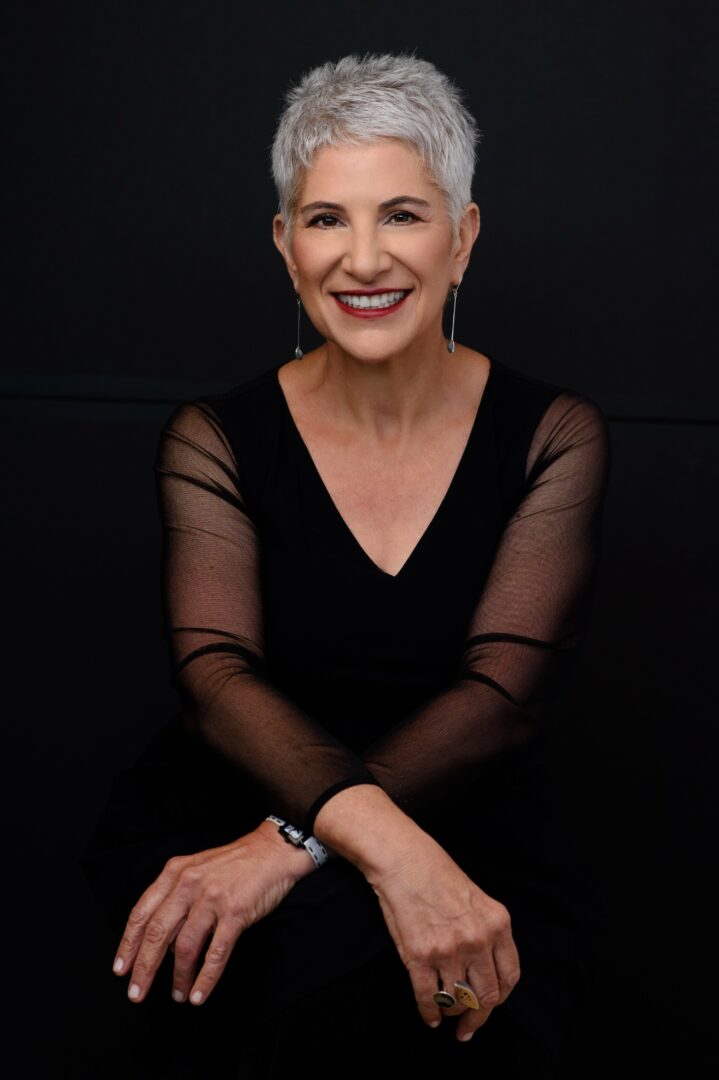
If you had to pick three qualities that are most important to develop, which three would you say matter most?
My ability to connect with people has served me well throughout my life. I am curious to get to know others, and I’m a good listener. Even as a first-time manager, I recognized the need to get to know my staff members, which required listening with curiosity. I learned to appreciate people’s unique qualities, ways of working, and perspectives, and I recognized that we are stronger because of our differences. In teams, the whole is truly greater than the sum of its parts.
I am a clear communicator, which is one of the most critical skills in life and work. I know how to take complex ideas and make them simple and accessible, which I practiced as a technical writer early in my career. Because I worked with global, multicultural teams for years, I learned to take the jargon and regional expressions out of my language to ensure that everyone felt included and could understand what I was saying, I still follow the tenet that the speaker’s job is to make their audience feel smart, not to make themselves look smart.
Continuous curiosity and learning have also been an important part of my journey. I have an insatiable need to learn, so I’m always reading or listening to something that will expand my mind.
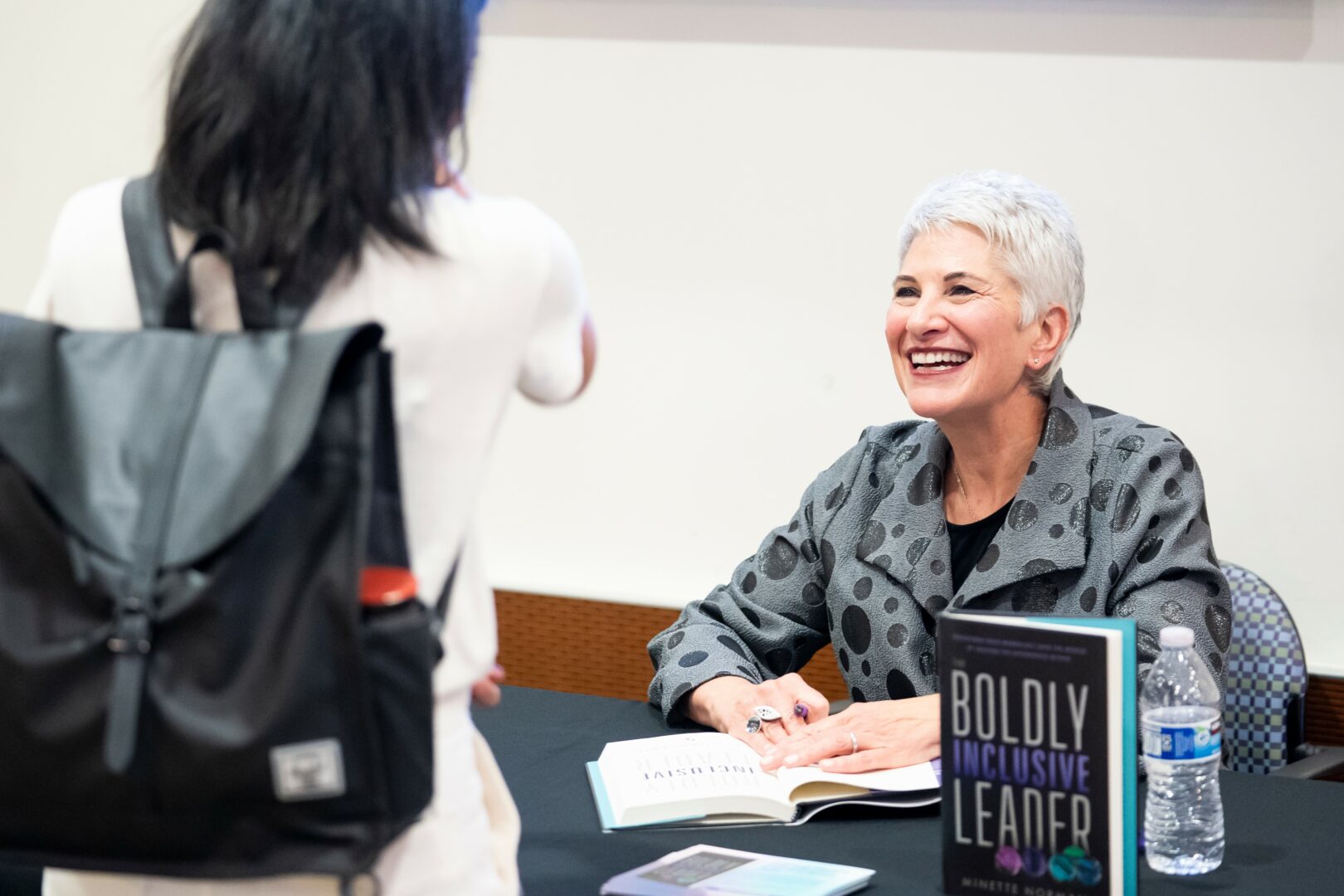
Who is your ideal client or what sort of characteristics would make someone an ideal client for you?
My ideal client is an open-minded leader who wants to create the most engaging, innovative, and inclusive organization they can. They are willing to get out of their comfort zone, challenge the status quo, and try something new. They know that a one-time keynote or workshop will not be enough to change their organizational culture; they want to go deeper, do the work, and transform their working environments.
Contact Info:
- Website: https://www.minettenorman.com/
- Instagram: https://www.instagram.com/minettenorman/
- Linkedin: https://www.linkedin.com/in/minettenorman/
- Youtube: https://www.youtube.com/@minette-norman
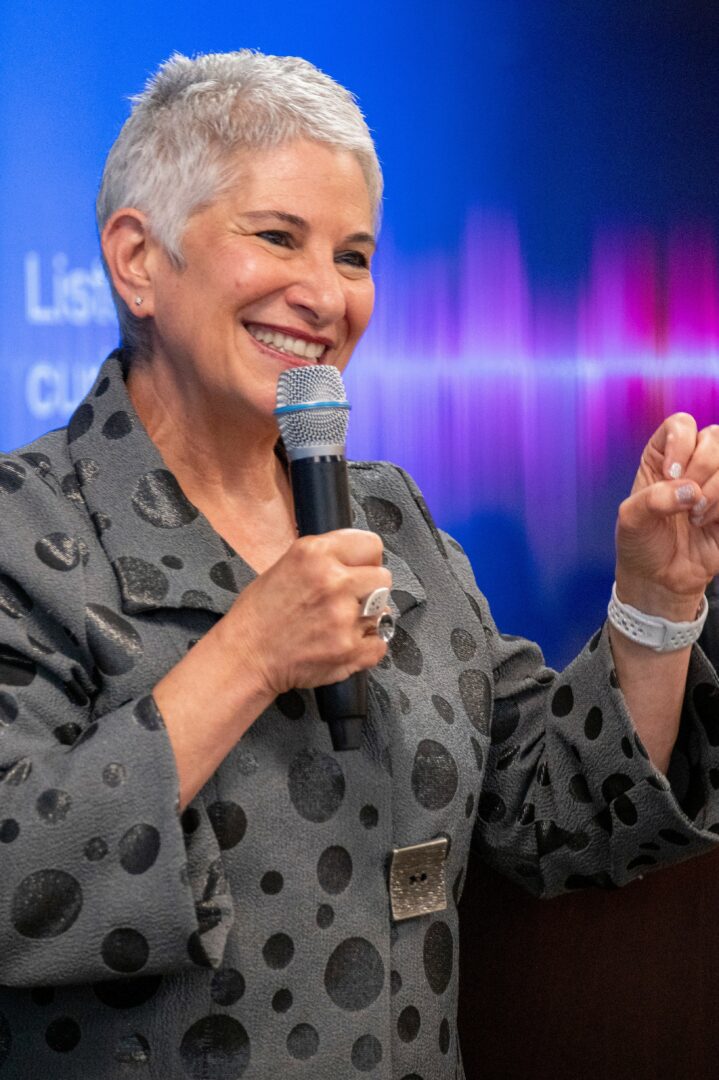
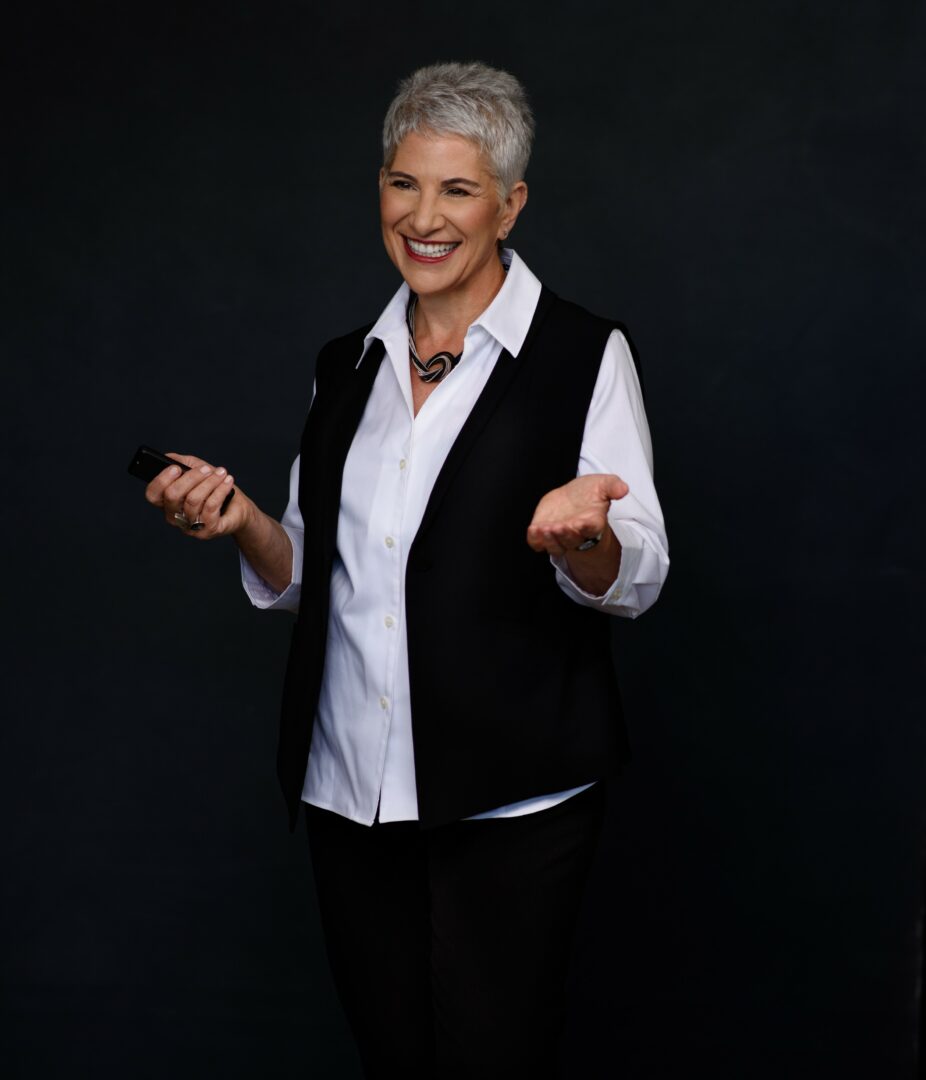
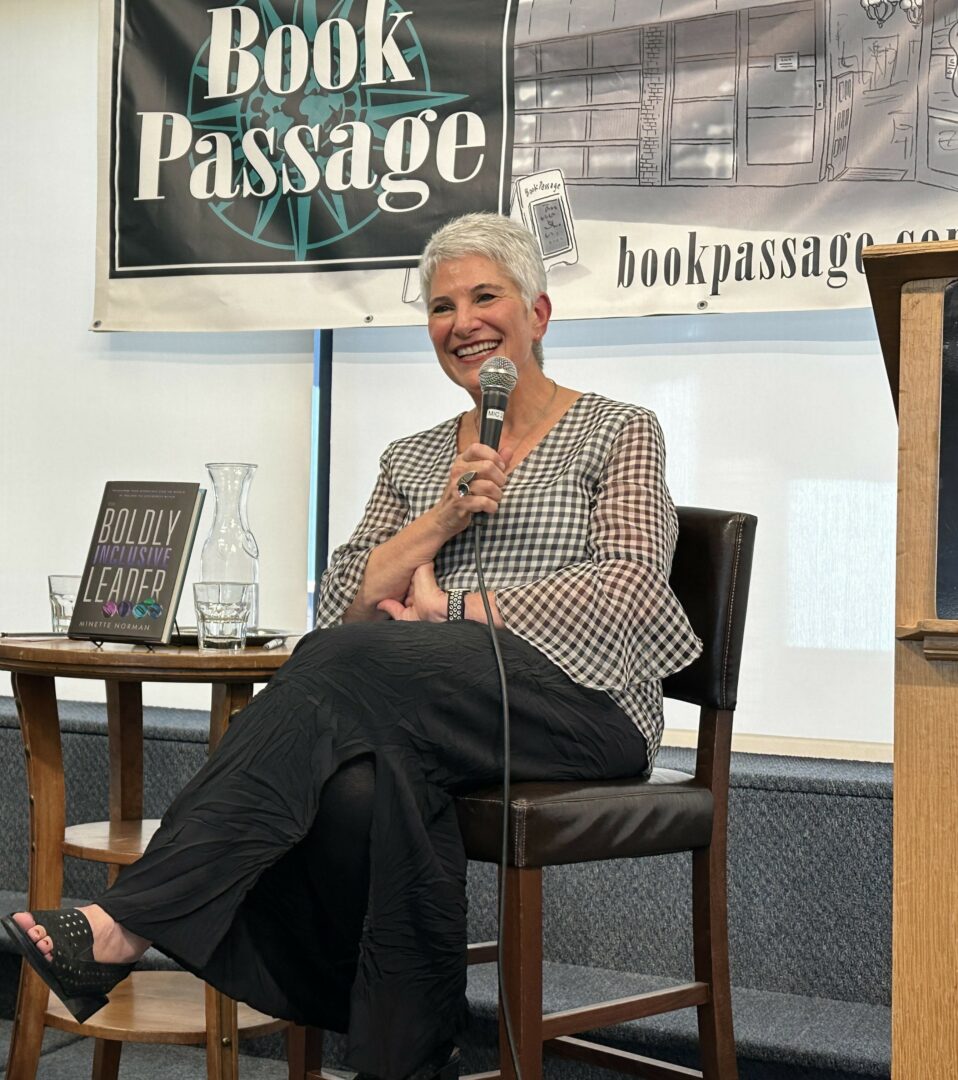
Image Credits
Laurie Bell Bishop
so if you or someone you know deserves recognition please let us know here.

